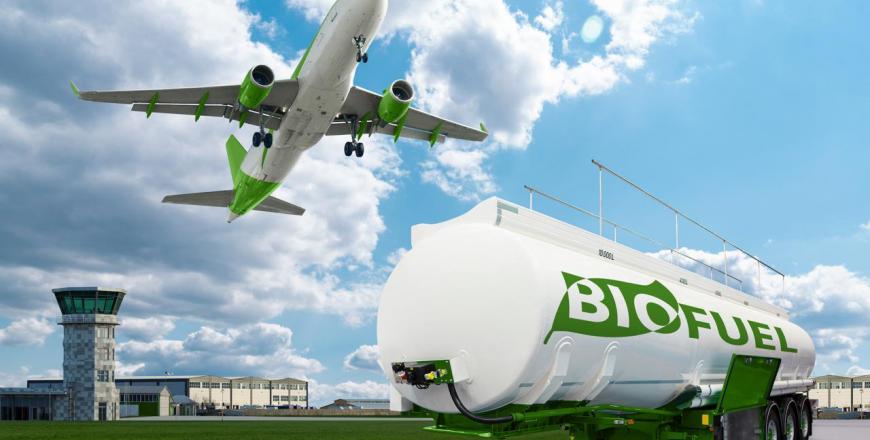GENEVA — The International Air Transport Association (IATA) called this week for intensified production of Sustainable Aviation Fuel (SAF) to be able to achieve its target of Net Zero by 2050.
The industry body estimates that SAF production will reach at least 300 million liters in 2022, which is a 200 per cent increase on 2021 production of 100 million liters.
More optimistic calculations estimate total production in 2022 could reach 450 million liters. Both scenarios position the SAF industry on the verge of an exponential capacity and production ramp-up toward an identified tipping point of 30 billion liters by 2030, with the right supporting policies.
Willie Walsh, IATA’s Director General, said airlines are committed to achieve net zero CO2 emissions by 2050 and IATA sees SAF as a key contributor.
“In spite of various challenges, we believe that we are on the right track to achieve our objective of Net Zero and this requires efforts by all other stakeholders,” Walsh said.
Current estimates expect SAF to account for 65 per cent of the mitigation needed for this, requiring a production capacity of 450 billion liters annually in 2050.
Having agreed to a Long Term Aspirational Goal (LTAG) on climate at the 41st Assembly of the International Civil Aviation Organization (ICAO) in October 2022, governments now share the same target for aviation’s decarbonization and interest in the success of SAF.
“There was at least triple the amount of SAF in the market in 2022 than in 2021. And airlines used every drop, even at very high prices! If more was available, it would have been purchased. That makes it clear that it is a supply issue and that market forces alone are insufficient to solve it,” Walsh added.
Governments, who currently share the same 2050 net zero goal, need to put in place comprehensive production incentives for SAF, he said.
“It is what they did to successfully transition economies to renewable sources of electricity. And it is what aviation needs to decarbonize,” Walsh added.
To date, over 450,000 commercial flights have been operated using SAF, and the growing number of airlines signing offtake agreements with producers sends a clear signal to the markets that SAF is needed in larger quantities, and so far in 2022, around 40 offtake agreements have been announced, according to IATA.
IATA said until there are commercialized options for alternative power sources such as hydrogen, all of aviation’s SAF supply will be derived from biofuel refineries.
“These refineries produce renewable biodiesel, biogas, as well as SAF and their refining capacity is set to grow by over 400% % by 2025 compared to 2022. The challenge for aviation is to secure its supply of SAF from this capacity. And to do that successfully governments need to put in place SAF production incentives similar to what is already in place for biogas and biodiesel,” according to IATA.
